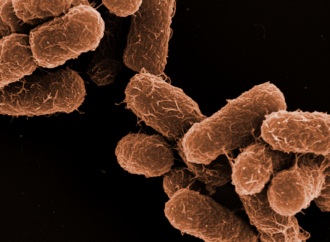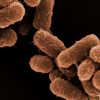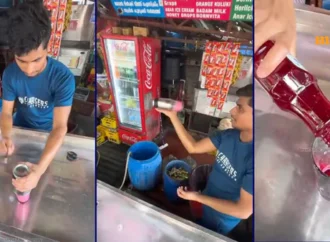 Food Manifest
Food Manifest
The house of resource for food safety.
Salmonella
- Home
- Salmonella

Avoiding Salmonella and E. coli: A Microbiologist’s Perspective0
- A to Z, Food Hygiene, Food Safety, Health & Wellness, News
- July 4, 2025
Report Every year, millions suffer from food poisoning from bacteria like Salmonella and E. coli. Outdoor eating — picnics and barbecues — raises the risk, as food stays exposed to germs and insects. You need clean hands, but parks and beaches rarely have soap and hot water. Alcohol hand gels help, but they don’t kill
READ MORE

Smart Ways to Keep Eggs Fresh and Safe0
- A to Z
- May 15, 2025
Eggs are one of the most commonly used ingredients in kitchens across the world. They’re nutritious, budget-friendly, and can be cooked in countless ways. But eggs are also highly perishable. If not handled or stored properly, they can spoil quickly or become contaminated with harmful bacteria like Salmonella. This can lead to foodborne illnesses that
READ MORE
Latest Posts
-

-

-

How to Spot Spoiled Chicken
- Food Hygiene, Food Safety, Health & Wellness, News
- June 10, 2025
-

-

Smart Ways to Keep Eggs Fresh and Safe
- A to Z
- May 15, 2025













